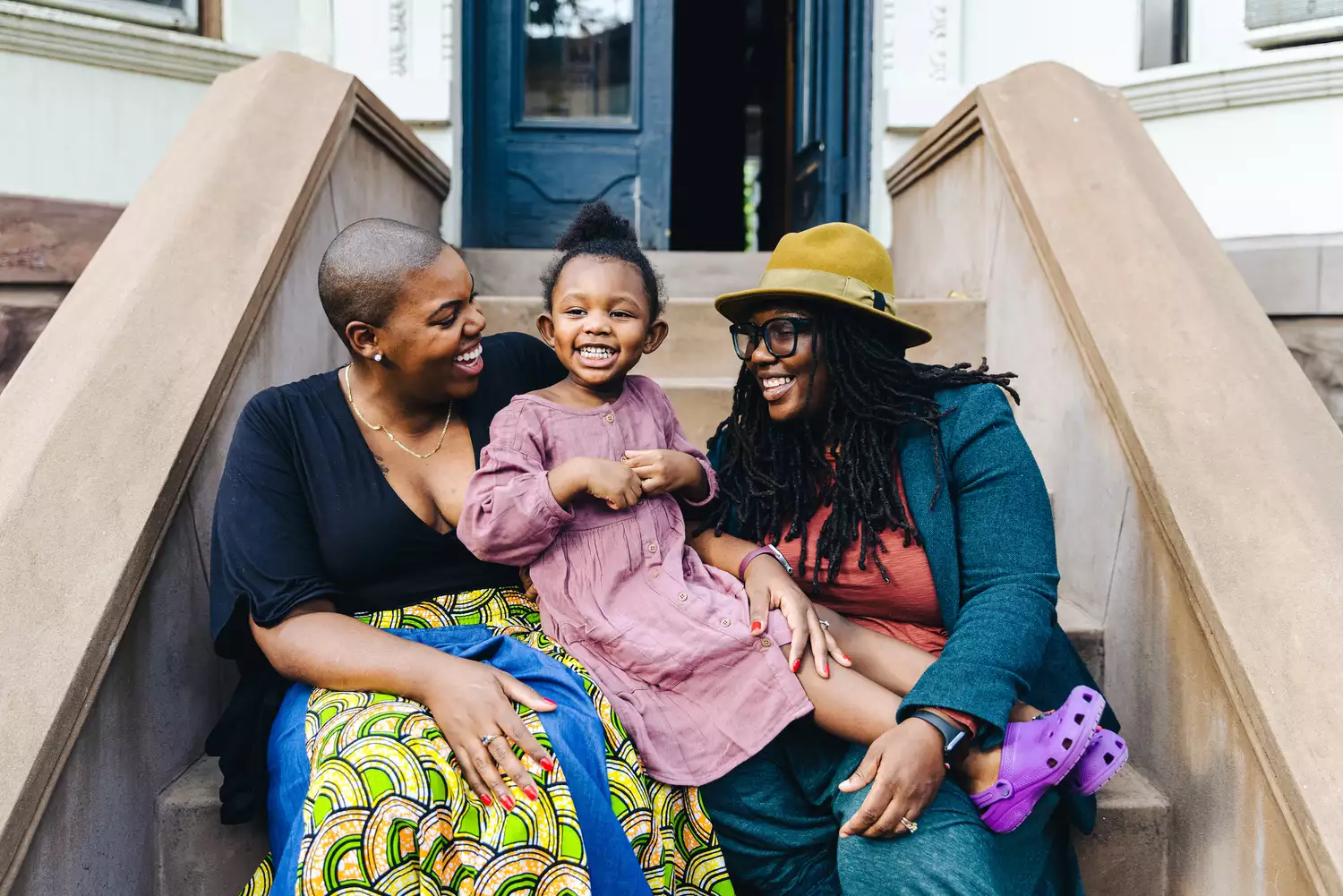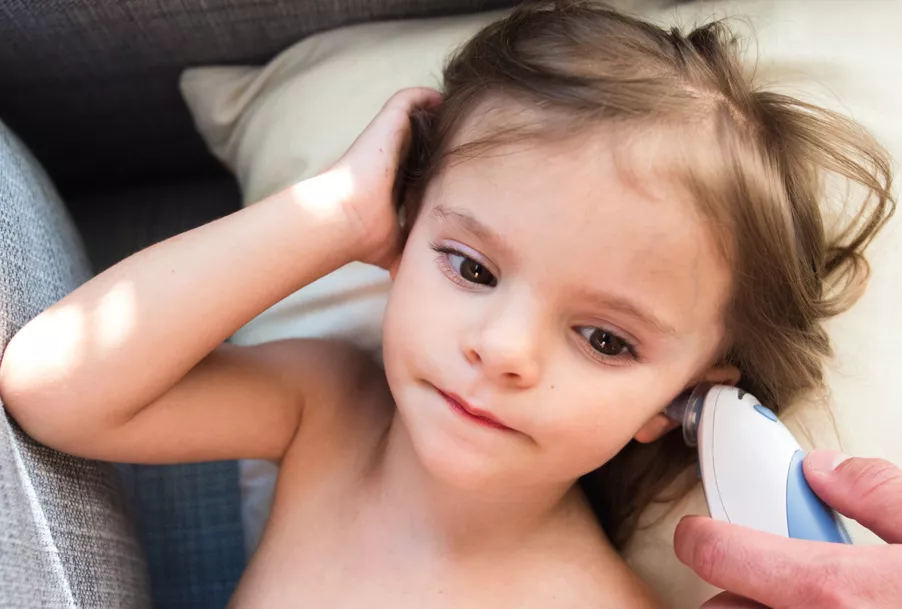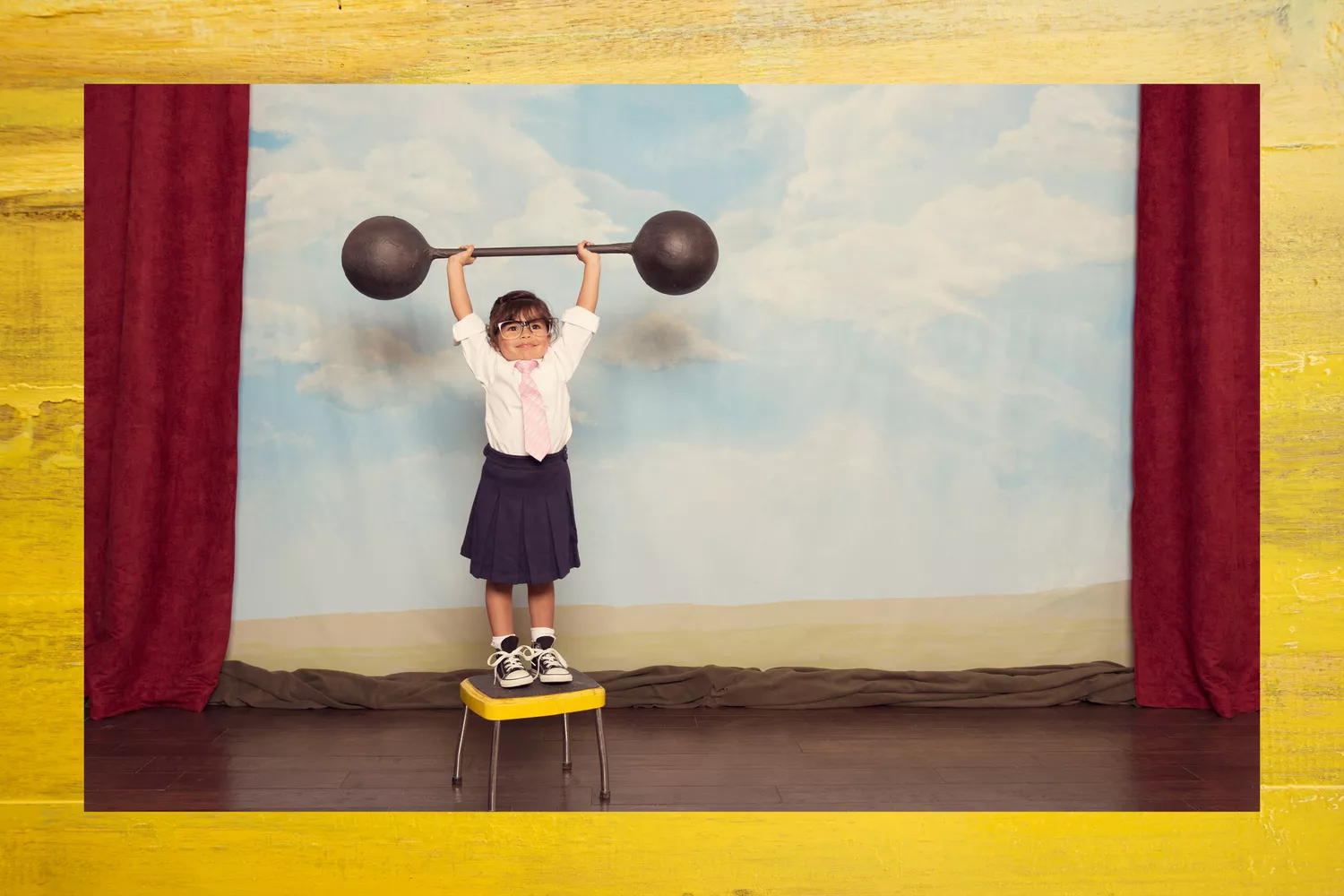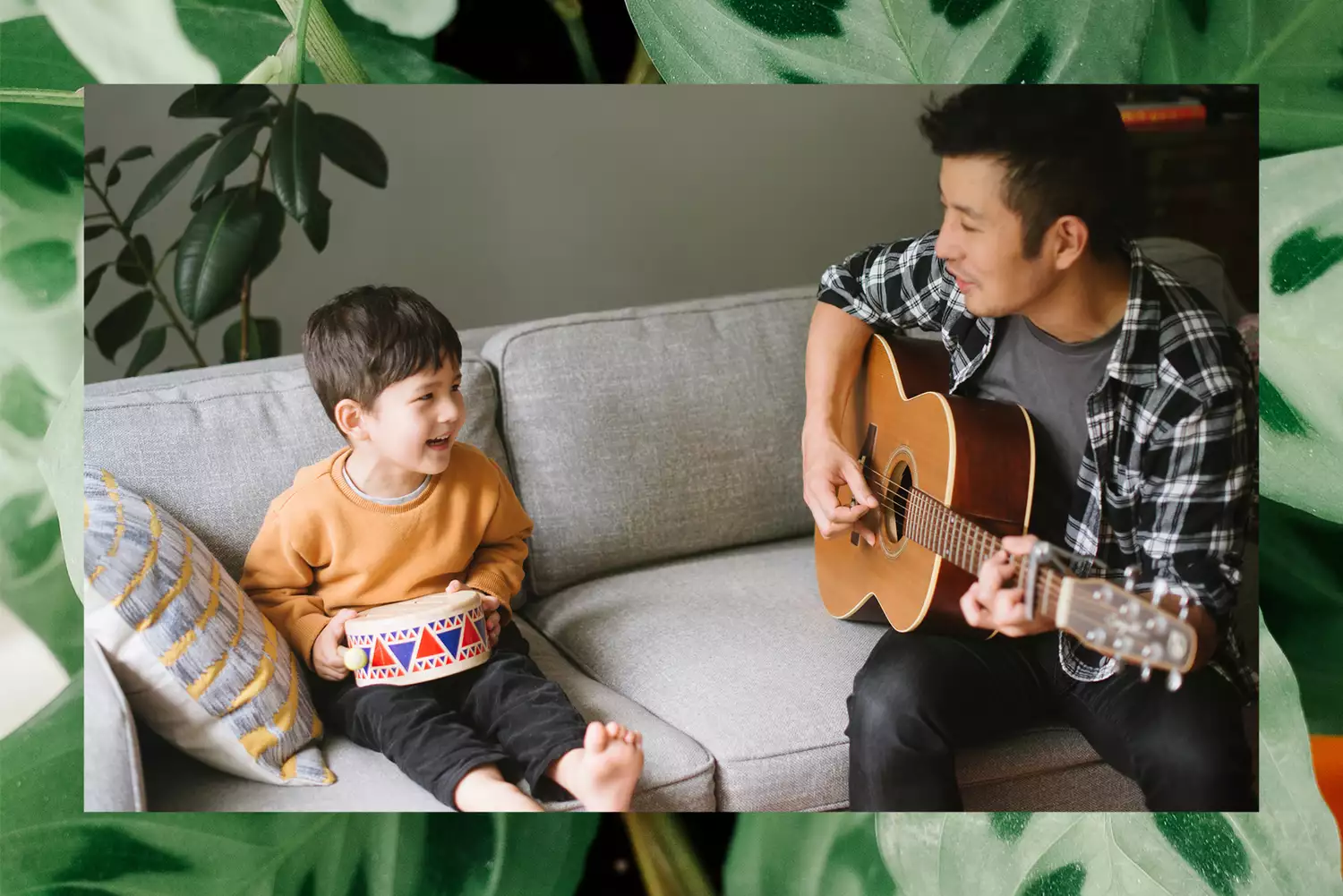What to do if your child comes out to you


Raising children is not a simple task. It’s hard to know what to do in each situation. It’s important to recognize that your child is trusting you to tell you that they are LGBTQ+ . It’s a wonderful thing to be able to share this part of yourself with someone else.
It’s perfectly understandable that you have questions or are curious as to how you can show your support. We spoke to LGBTQ+ youth specialists to help you know what to say and avoid to your child.
Five Ways to Support Your Child Exploring their Gender Identity or Sexual Identity
Just Now, Your child came out to you. What now?
It’s important to respond appropriately when your child comes out. If you are unsure what to say or how to react, try expressing gratitude and compassion. Saying “Thanks for telling me” can be an excellent first step.
Anjali Ferguson, L.C.P. is a psychologist, expert in early childhood mental illness, and social trauma specialist. She says that you should focus on three things, including managing your emotions, being open and curious, and remaining welcoming. “It’s normal to feel your own emotions when you hear this information. However, it’s important to focus on your child’s experience,” says Dr. Ferguson. Children may not want to share this information with you if they fear it will affect your relationship. Your tone and body language should be welcoming to make them feel comfortable sharing this information with you.
It’s fine to admit that you don’t know everything about certain identities or experiences. It is okay to admit what you do not know. Dr. Ferguson says, “Stay curious about your learning to show your child that you’re willing to learn along with them.”
It’s important to let your child know you love him or her, are open to questions and that you want to learn more about them.
— CRYSTAL BRIT, CHILD THERAPEUT
Crystal Britt is a child therapist and fair play facilitator. She hosts the Time To Learn Podcast. Crystal also says that asking questions will help your child have a less stressful conversation. Asking your child how theyfeel about coming out is important. She also stresses that it’s okay for them to not know how to deal with their complex identity. Britt says that the most important thing is to let them know you love them and are interested in learning more about them.
How your child approaches this subject with you in the future will be influenced by how this conversation is structured. Dr. Ferguson believes that active listening helps your child lead the conversation. She says, “Follow the lead of your child.” Let them say as much as they want and don’t pressure too much. By letting your child decide how to begin and end this important conversation you are giving them autonomy. In this context, safety is the goal.
What If I don’t know what to say?
It’s okay if you’re not sure how to react when your child is out. You should try to teach to your child instead of taking over the situation.
Dr. Ferguson says that admitting you don’t have the right words to say is a good thing and will help maintain the conversation. “Sometimes validating the experience is as simple as admitting our own shortcomings and lack of knowledge. Try saying: “I’m glad you felt comfortable and brave enough to share this with me.” “I’m realizing that I still have a lot of learning to do about this process. I want to find out more on how I can help you,” she says.
You should know that children don’t expect to be able to answer all their questions. They want to be loved for who they really are.
What not to say if your child comes out to you
It’s not only your child who can feel strong emotions when you talk about coming out. You may also experience them. It’s not appropriate for you to place your feelings on your child, particularly when they aren’t good.
Britt advises against processing your emotions with your children. Find a trusted friend or therapist who can give you good, unbiased guidance to help you process your feelings at a later date. Be sure to express your approval and acceptance in the moment.
In these conversations, it is also wise to avoid certain words and phrases. Dr. Ferguson warns parents to avoid accusing their children of saying “I knew it”, or that “this isn’t what I am used to.” Remember that your child’s true identity will never be questioned.
I’m a Nonbinary Teen: What I Wish My Parents Knew about Gender
How to create a safe and inclusive home for your LGBTQ+ child
After you’ve had that first conversation, you might wonder how you can make your child feel as comfortable as possible in your home. These discussions are likely to be ongoing and identities may change over time.
Dr. Ferguson advises: “Ask your child if they find anything in your house harmful.” Make sure your books, toys and media are inclusive. You should be careful about the brands or organizations you support. Make sure they don’t promote anti-LGBTQ+ ideologies.
Your child’s mental well-being should be your top priority as anti LGBT+ legislation continues making headlines in the United States. Keep an open dialog with your child regarding current events. “Check in with them to see how they feel and their sense of safety,” continues Dr. Ferguson.
You should also make pride a focal point in your home, especially with the ever-changing landscape. Britt suggests that you buy pride gear, become a member of the Parents and Friends of Lesbians and Gays chapter in your locality, and display a progressive pride banner. Create a phrase or word that will allow you to leave any situation together if your child feels uncomfortable.
Britt advises: “Make sure that your child knows that you are part of their team.” It is important to communicate that your child’s safety, both mentally and physically, should be the top priority.
Keep your curiosity alive and show your child that you’re willing to learn along with them.
DR. ANJALI FERGUSON
What support is available to parents of LGBTQ+ youth?
It can be difficult to know what to do after your child has come out. However, there are many resources available for both parents and children.
Dr. Ferguson explains that “The Trevor Project offers fantastic resources to help families.” Parenting culture also has fact sheets and guides to help families. The Gay, Lesbian & Straight Education Network GLSEN, along with LGBTQ Students Resources & Support, as well as GLAAD, has an extensive resources list which includes legal aid, scholarship funds, etc.
It is always important to follow your child’s lead. Respect their needs and listen to what they say. This nerve-wracking discussion can lead you both on a beautiful and open journey.











